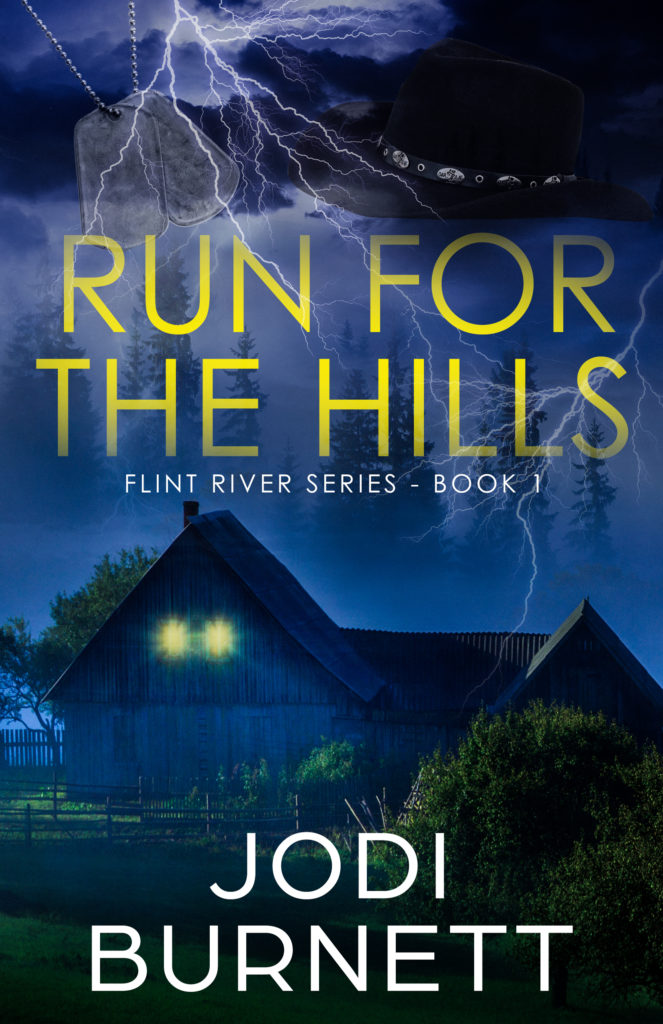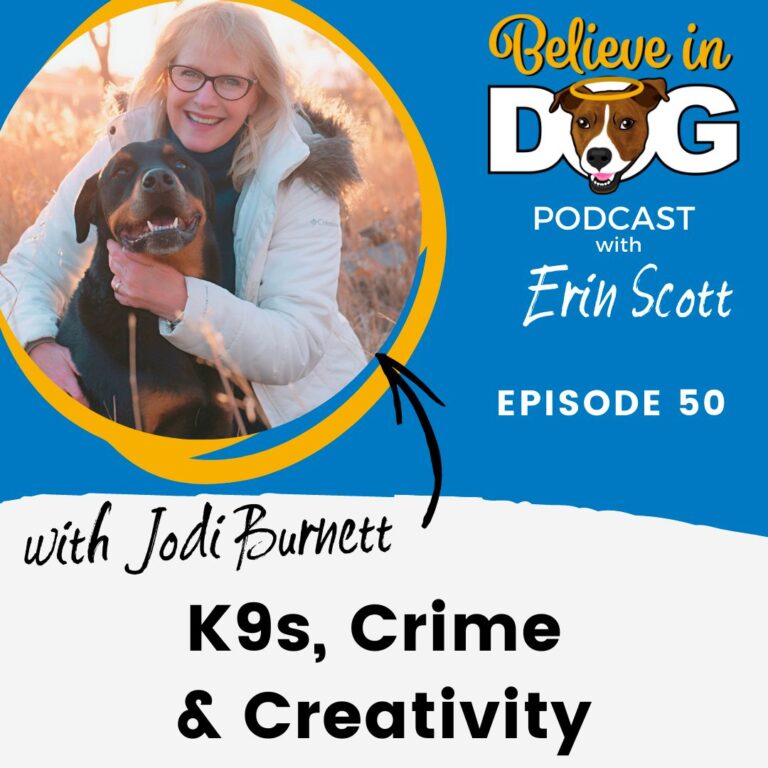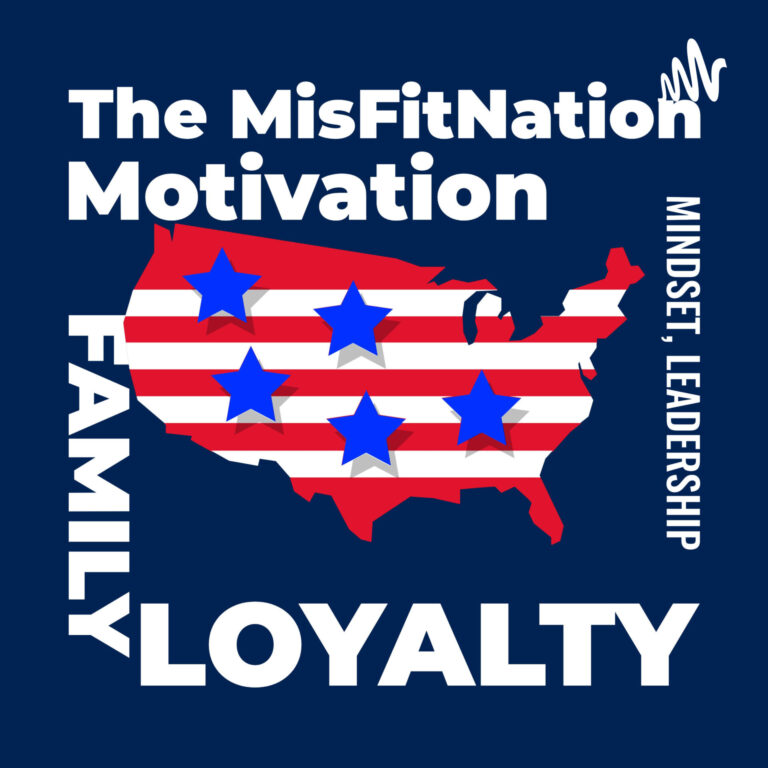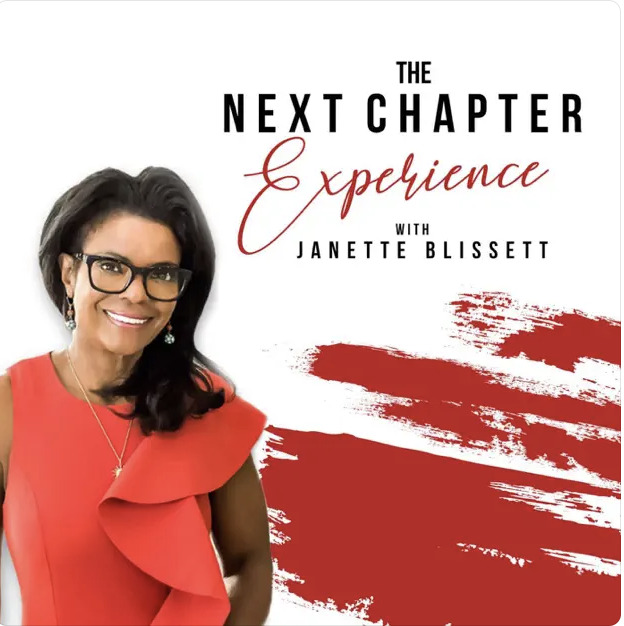My new romantic-suspense novel, Run For The Hills, was released March 4th, 2019. Joscelyn Turner, the main female character, is a social worker who works with at-risk kids in the foster-care system using equine assisted therapy. I’ve read many stories and seen lots movies that incorporate the idea of equine therapy. Often the writers portray an emotionally hurt person grooming a horse and then mysteriously finding healing. Yet, the actual reason that horse assisted therapy is so powerful and effective is left to the viewer’s imagination.

I spent many years working with at-risk youth from Adam’s County Social Services north of Denver partnering with social workers to help foster-kids and teen-parents heal from past traumas and learn new communication and coping skills—even parenting skills. The power of horses in therapy has always amazed me, and I wanted to bring that to light in a novel. Run For The Hills is that novel.
If brushing a loving animal was all there was to therapy, then any kind of furry friend would do. In fact, there is an undeniably huge benefit to humans in brushing, petting, and caring for animals. It helps us feel loved and needed in a safe environment. Therapy animals are trained to be calm and engaging. Research shows that petting a dog or a cat can lower a person’s blood pressure. The Mayo Clinic recognizes animal therapy as a viable option to help people deal with health issues like heart disease, cancer, and mental health problems.
So why are horses so special? In my experience, horses are particularly well suited for use in therapy because they best model healthy relationships. I love dogs. I have a Rottweiler and a yellow Lab. They are always there to greet me with wags, licks, and love. It’s wonderful. But if I’m having a bad day and, through no fault of their own, I yell at them or behave in an angry or abrupt manner with them, they will humbly try to make up for whatever it is I’m upset about. A person can mistreat a dog and the dog will still return, trying to share love. Dogs are full of love and unmerited trust. Horses are not.

First, horses are generally larger than we are so we don’t automatically feel superior. We must be present to them and aware of them to keep ourselves safe. They are dynamic and have a way of keeping us in the moment. The most therapeutically useful factor with horses is that humans must build a relationship with them. They do not automatically trust people. When we do build a trusting relationship with them, it can’t be taken for granted. If a person yells or behaves erratically with a horse and breaks that trust, they will have to rebuild the trust relationship over time. This is healthy and horses provide the perfect environment to learn mutual respect.
Mutual respect. Many of the youth I had the honor of working with had experienced physical, emotional, and/or sexual abuse. They never had an example of a healthy relationship. One simple exercise I’ve used is to teach a young person to set boundaries with a horse and gain the horse’s respect. Therapy with horses is in real time. There is less talking about skills to practice between sessions and more actual practicing of skills right then and there. For example, a young woman is learning to lead a horse. She stops walking but the horse walks past her. We teach the young woman how to communicate to the horse that he must stop when she does. He will not cooperate unless she communicates her expectation clearly, firmly, and consistently. It may take a lot of practice but when a young woman who has been abused is able to gain the respect of an 1,100 pound animal, her new confidence is an incredible sight to see. Through this simple exercise, she learns that she has a voice, that she can set personal boundaries, and build a healthy trusting relationship.
Of course, that is only one of thousands of teachable moments. Learning to set boundaries, build trust, and feel safe enough to learn and practice new life strategies is often what equine therapy is about. There is a special place near where I live called Eagles Nest Ranch. They do amazing work with veterans and first responders that suffer from PTSD. One Marine said he connected with the horses because they were big and strong, and even a little intimidating, but they were also gentle and vulnerable. He felt he could relate to that as a Marine veteran.
Run For The Hills incorporates therapy horses working with teens and a veteran. I hope when you read my book you’ll see a fuller view of what it can look like to learn and grow with horses. They are amazing creatures—sensitive and intuitive. I hope you enjoy learning a little more about equine assisted therapy while clutched in the grip of my novel’s suspense.
Please get your free copy of Chapter 1 of Run For The Hills on the Books Page here on my website.
Enjoy your read!




[…] I hope you’ll read Avenging Adam and see how I used this information in my book. I hope you have learned something new and interesting. I love including animals in my books. Check out my book Run For The Hills to read about the use of Equine Therapy in helping at risk teens and veterans with PTSD. Read my blog post about Equine Therapy too! […]